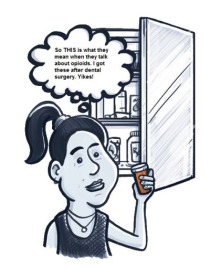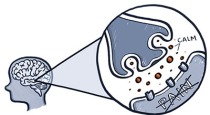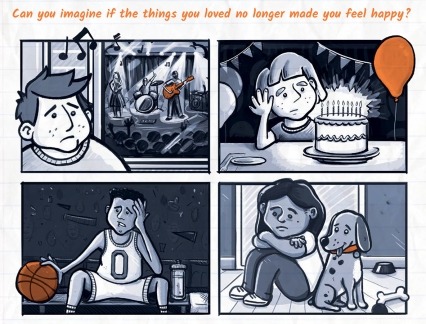A visually appealing booklet for students that explains how prescription pain medicines, opioids, change the way the communication centers in the brain work and ultimately cause their effects. This booklet is part of the Mind Matters series focused on easy-to-understand scientific facts.
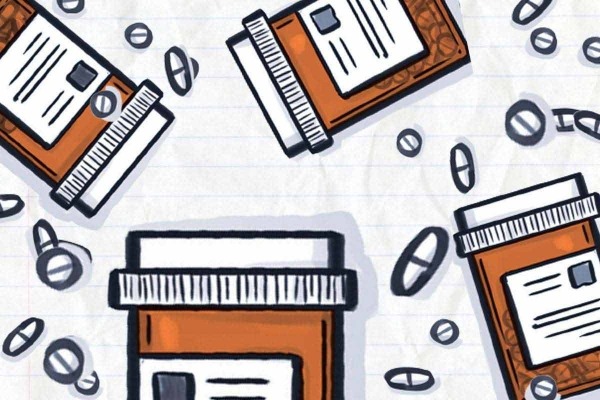
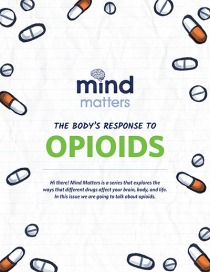
Hi there! Mind Matters (formerly referred to as Mind Over Matter) is a series that explores the ways that different drugs affect your brain, body, and life. In this issue we are going to talk about opioids.
Ways opioid medicines are misused:
- not following the instructions from your doctor
- taking pills that are not prescribed for you
- taking opioids to get high
View the Mind Matters Teacher's Guide.
You may have been hearing a lot about opioids lately. It’s possible you know them as drugs called oxy or Vikes.
Opioids have been used for thousands of years. Some opioids come from plants. Others are made in a lab.
Prescription opioids are used as medicine but can also be misused. Illegal opioids are only used to get high. Misusing prescription opioids or taking any illegal opioid can be dangerous.
What are opioids?
Medicine
- Doctors prescribe opioids to people who are in serious pain from things like dental surgery, sports injuries, and cancer.
- If people follow their doctor’s instructions and take the right amount of medicine, opioids can help their pain go away.
- But these medicines can also be dangerous if misused.
Examples of opioid pills are OxyContin®, Percocet®, and Vicodin®. People sometimes call opioid medicines different names like Happy Pills, Hillbilly Heroin, OC, Oxy, Percs, or Vikes.
Heroin and Fentanyl
- Heroin is an illegal opioid that people use to get high, often with a needle.
- It can be a white or brown powder, or a black sticky substance called black tar heroin.
- Sometimes people call heroin names like big H, horse, brown sugar, hell dust, and smack.
- Another illegal opioid is fentanyl, a white powder many times more powerful than heroin.
- Sometimes street heroin is laced (mixed) with fentanyl and this causes many overdoses.
Both opioid medicine and illegal opioids like heroin and fentanyl can cause addiction, overdose, or even death.
Learn more about prescription drugs
How do opioids work?
Opioids affect nerve cells (neurons) in your brain and body. They tell your brain to block pain and they also make you feel calm and happy.
What are opioids' effects?
Short-Term Effects
- Feelings of calm, sleepiness, confusion
- Slowed or stopped breathing (can cause fatal overdose)
- Nausea, vomiting
- Constipation
Long-Term Effects
- Addiction
- Heart infection
- Lung infection
- Muscle pain
More people in the U.S. die from opioid overdoses than from other drugs.
How do you become addicted to opioids?
Over time, the body gets used to having the drug and feels terrible without it. Withdrawl is like having the flu but much worse, and it can make it hard to stop taking the drug. If a person starts seeking and taking an opioid despite how it is interfering with work, school, or relationships, it is called addiction.
It’s important to know that anyone can become addicted to opioids. It doesn’t matter where you live or how smart you are. There is no way to predict who is likely to become addicted.
How do opioids affect your life?
If you are addicted to opioids, the drug can take over your life. Getting more opioids and getting high can become all you think about. And it makes it hard for you to enjoy things that used to make you happy.
What if someone I know needs help?
If you think a friend or family member has a problem with drugs, talk to an adult you trust - like a parent, coach, or teacher - right away. Remember, treatment is available and people can get better.

